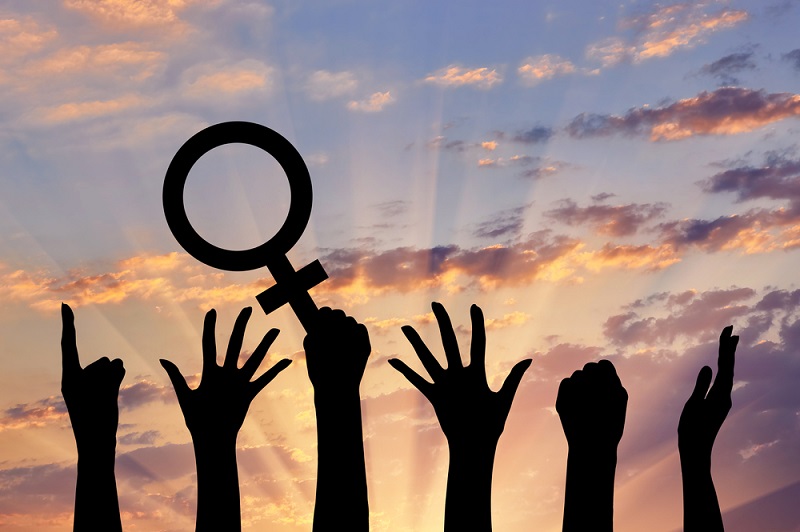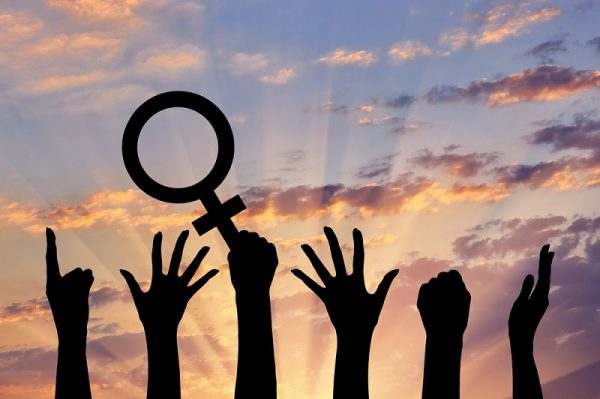Today, more than at any time in our history, we can predict the future. Not so because we now have better clairvoyants or that new intelligence software is able to tell exactly how things will pan out but because in the words of management guru Peter Drucker, ‘The very best way to predict the future is to create it.’
Social media analysts across the world now say that based on certain trends on Facebook, Twitter, Pinterest and Instagram, they can predict a person’s behaviour, who will win an election, how the product will react to a new product and so on. In many ways, social media behaviour is both an indication of popular thought and what could get reinforced at a subliminal level.
So what are the things that are popular in Nigeria’s social media space that has been a pointer to popular thought as well as what is getting reinforced? While the pundits could offer something more comprehensive, you would agree with these few:
- Pastor Bashing: a call for financial and general accountability among church leaders.
- Domestic Violence Unacceptability: a call out of domestic abusers in husband-wife and mistress-maid scenarios.
- Narcissism: the rise of the selfie, fitness videos and the ‘borrow, pose and snap’ culture, and
- Feminism: a clamour against female gender-stereotyping, anti-patriarchy, and male gender bashing.
While feminism in the social media space is in focus, it is hard to say that the others mentioned haven’t significantly altered and are still altering public behaviour. We have seen more emboldened exchanges about pastor accountability, domestic abuse, and narcissism with issues skirting around these areas being debated for legislative purposes at both state and federal levels of our government.
Feminism too has had its fair share of social media spats and public debate but has been put down, ever so often for its often perceived misdirection. In truth, feminism in Nigeria has been well-conceived but poorly delivered maybe because of the stark silence of the older generation about gender equality or the men-bashing label that the younger generation of women has taken on, often for bruising the fragile egos of their male peers. Whatever the case is, feminism has largely gone unheard, with all of its economic good and its political potential to reshape our country.
Aside Chimamanda’s outspokenness on issues of feminism, which in my estimation, is a battle she has now taken on for all the women of Africa, the advocacy for women’s rights on the grounds of gender equality at the grassroots has been nothing short of pouting about sexual liberation, economic subsistence and gender discrimination on social media in a way that does more harm than good. And please don’t get me wrong, there have been many more women—but not enough—on the We Should All Be Feminists author’s course.
Take pop culture, for example, the silence of feminism has been deafening. Forty-nine out of fifty newly released songs in Nigeria objectify women; a guess perhaps, but the statistics around music videos are even more damning when you consider how it pans out psychologically and economically for the girl-child in today’s Nigeria.
Voter education among young women has been another area of silence in feminist circles. It is almost as though women—old and young—in Nigeria have accepted to play the second fiddle in our political life. Methinks if feminism is about the advocacy for equal treatment for women as men, then political participation conversations like women encouraging other women to vote candidates that will guarantee equality is something of a must now that 2019 elections are twenty months away. Power concedes nothing without a demand. It never has, and it never will. And if you, the feminist, aren’t now talking about political participation, how then do you know what to demand?
Nigerian feminism has also turned a blind eye to the proliferation of books and publications that support, celebrate and help women’s health, women’s rights and women in STEM (Science, Technology, Engineering and Medicine). And by way of mention, I am asking women like Linda Ikeji, Kemi Adetiba, Funke Akindele, Tolu Oniru-Demuren and other influencers to continue their good work, only more in this direction.
In the words of Wangari Maathai, ‘African women, in general, need to know that it’s OK for them to be the way they are—to see the way they are as a strength, and to be liberated from fear and from silence.’


